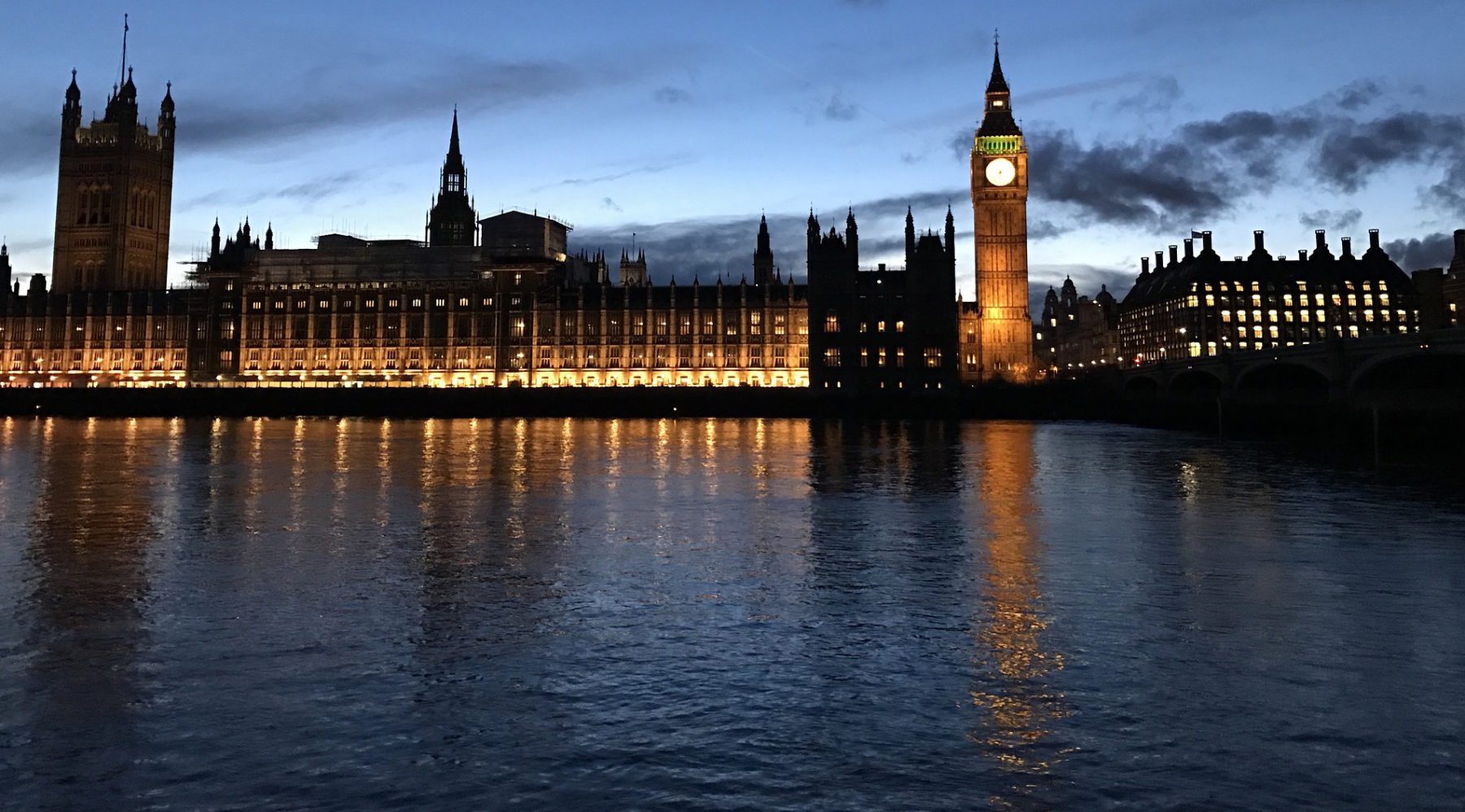Liberals and conservatives: Both as bad as each-other?
Researchers from the University of Illinois at Chicago and the University of Winnipeg have published a new report which suggests people on both sides of the political spectrum are likely reject the chance to learn about an alternate opinion. They will even turn down a monetary incentive to avoid reading or hearing opposing views. This is despite past studies suggesting political conservatives are more prone than liberals to remain within their bubble.
Each of the studies individually dealt with US Presidential candidate choices in the 2012 and 2016 elections and “Culture War issues” such as marijuana legalisation, climate change and same-sex marriage. After providing their opinions, participants were then asked to give their level of interest in learning about people and opinions they either agreed or disagreed with. In one study, participants were also told they would be entered into a $7 draw when they listened to an opinion they agreed with, and a draw for $10 when they listened to an opinion that opposed their own.
According to the study we naturally don’t want to hear opposing views because it causes ‘cognitive dissonance’-it makes us angry or requires effort to listen to.
In all studies factors such as prior knowledge and political extremism were considered, but in most cases people much preferred to hear and read opinions they agreed with. Researchers “failed to find a significant difference between liberals and conservatives in their desire to avoid crosscutting information” regardless of the stance they took on each issue. According to the study we naturally don’t want to hear opposing views because it causes ‘cognitive dissonance’-it makes us angry or requires effort to listen to. It is also thought to undermine the ‘shared reality’, the relationship between us and the speaker.
The results could help to explain politics today. As a society, we are slowly trapping ourselves in echo chambers where like-minded opinions can reverberate and any opponents are demonised, drowned and forced out. Leading up to the Brexit vote, leave voters were accused of racism and mocked due to their views on immigration. It could be argued that this was in part because was easier for remain voters to rebut and belittle pro-Brexit views, and ignore any sensible arguments that challenged them to think about their position.
We naturally find it easier to digest and share a lie that we agree with than digest a truth that doesn’t fit the reality we have built for ourselves.
There has been a rise in fake information, particularly from some online sources, and the results of the study would suggest this is because we naturally find it easier to digest and share a lie that we agree with than digest a truth that doesn’t fit the reality we have built for ourselves. After all, Donald Trump was able to inspire enough Americans to make him their president. Whilst many of his ‘facts’ and figures were based almost entirely in fiction, he painted a world that his supporters wanted to believe in. It could be that they didn’t pay attention to the more truthful crosscutting information because it wasn’t in line with what they thought (or wanted) to be the case.
However, we shouldn’t be worried about disagreement. By talking and learning about alternative opinions, we can better understand both our own beliefs, the opinions held by society as a whole. This could help us realise that, just as the report shows, liberals and conservatives aren’t completely different. Becoming more willing to challenge and debate the issues proposed by all political parties can only be a good thing in creating a more tolerant, democratic society.

Comments